CCR achievements: building bonds beyond boundaries
As we complete our 2 years CCR pilot project, we look back at what we’ve put in place.
The Community Carers and Responders (CCR) project was conceived with the purpose of enhancing community resilience against a range of disruptive events, encompassing both natural hazards and socio-economic crises. It does so by training, equipping, and supporting community leaders across 7 LGAs of the Northern Rivers of NSW to become a network of 300+ volunteer CCRs.
Today, we are a network of 233 trained individuals, 174 first aiders, and 104 individuals proficient in Psychological First Aid. Together, we've embarked on a transformative journey, reorienting our lives in small and big ways and creating spaces that are not only physically secure but emotionally nurturing.
Rolled out shortly after the 2022 February floods, the CCR project cultivates increased community-level readiness, proactive crisis prevention, and efficient response and recovery strategies at the community level. CCRs are community members who undergo an intensive and trauma-informed five-day free training, encompassing self-care, disaster resilience, community building, emergency communications as well as food, water, and energy security, first aid and psychological first aid. Upon graduation, participants are mentored to implement a project that builds their own community’s resilience. CCRs are then invited to additional workshops and community events to deepen their knowledge and nurture interpersonal connections. The CCR model, in which local councils and emergency services are flexibly integrated to ensure a ‘whole-of-community’ approach, is transposable to other parts of Australia, urban or rural.
Empowering Communities: Celebrating the Achievements of the CCR Program
The project has had significant achievements, including improved community resilience, increased awareness of disaster preparedness, and the formation of strong community bonds. Tangible outcomes include the creation of risk reduction plans, the formation of neighbourhood resilience groups, the organisation of many community-building events and food security initiatives, the setting-up of emergency radio communications, and more. One of the greatest benefits of the CCR program has been enhancing networks and connecting community leaders across the Northern Rivers.
As we reflect on our journey, one thing becomes clear—the CCR program has not just prepared us for crises; it has transformed our perspective. No longer are emergencies viewed as external challenges; they've become shared responsibilities. This is evident in proactive initiatives, such as the bushfire preparedness activities in Rappville or the empowerment of neighbourhoods like Bangalow, Uki or Pottsville. The sense of empowerment and community connection that participants have felt is the heart of what the CCR aims to achieve.
Your Next Steps
As we celebrate our milestones, the journey isn't over yet. We’re reaching out to all CCRs, new and old, to dive deeper. If you've missed a training session we've got exciting news! Training sessions are now available in Ballina and Tweed this November and December. Discover more here.
Furthermore, to all our CCR champions, we urge you to share your experiences with your family, friends, and community. Talk about your dreams for the Northern Rivers, your concerns, and how being a part of this network has transformed you. Our collective effort is the cornerstone of our success. As we push for funding for next year’s program, remember these sessions might be your last chance to join this wave of change. So, glance at your calendar, make some time, and apply here or drop us an email at ccr@planc.org.au.
Together, as we continue to reorient our lives, building strong, cohesive communities, let's inspire action, collaboration, and a renewed sense of purpose in the face of the climate and other crises.

